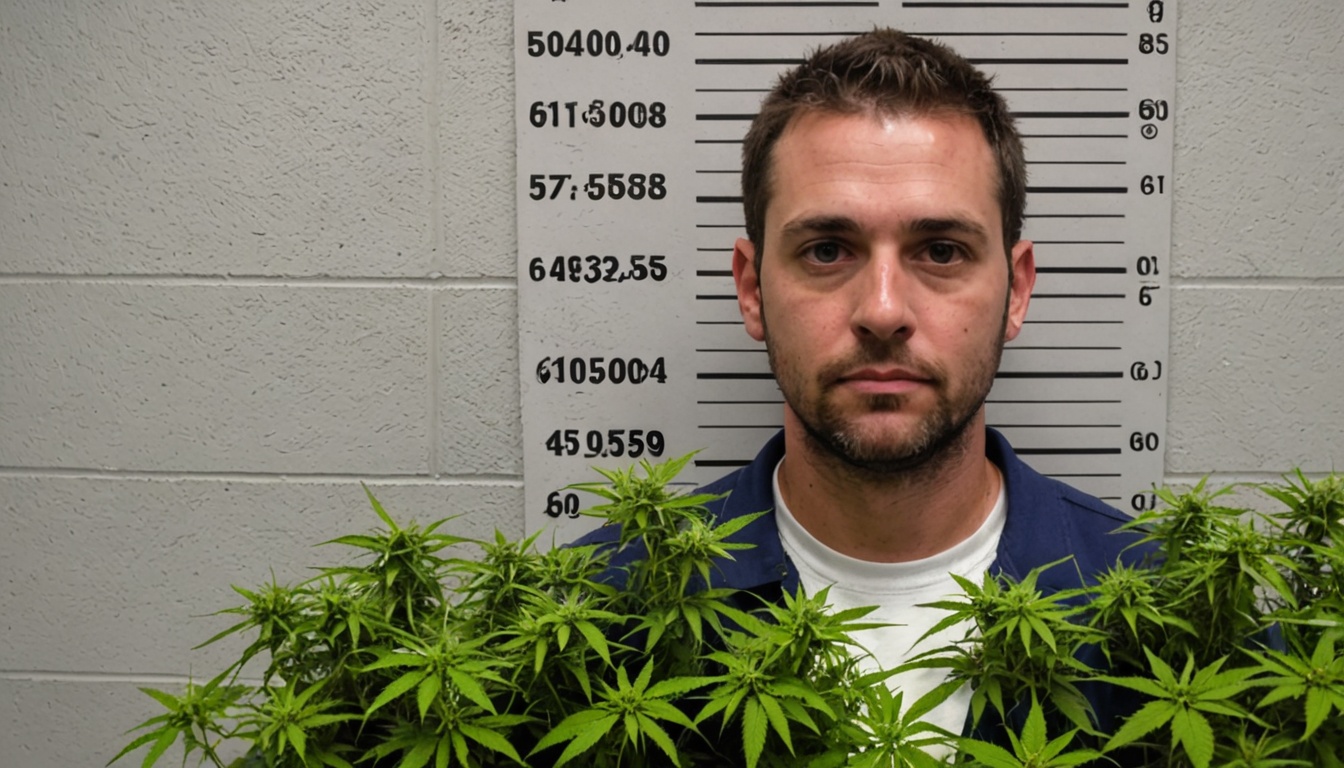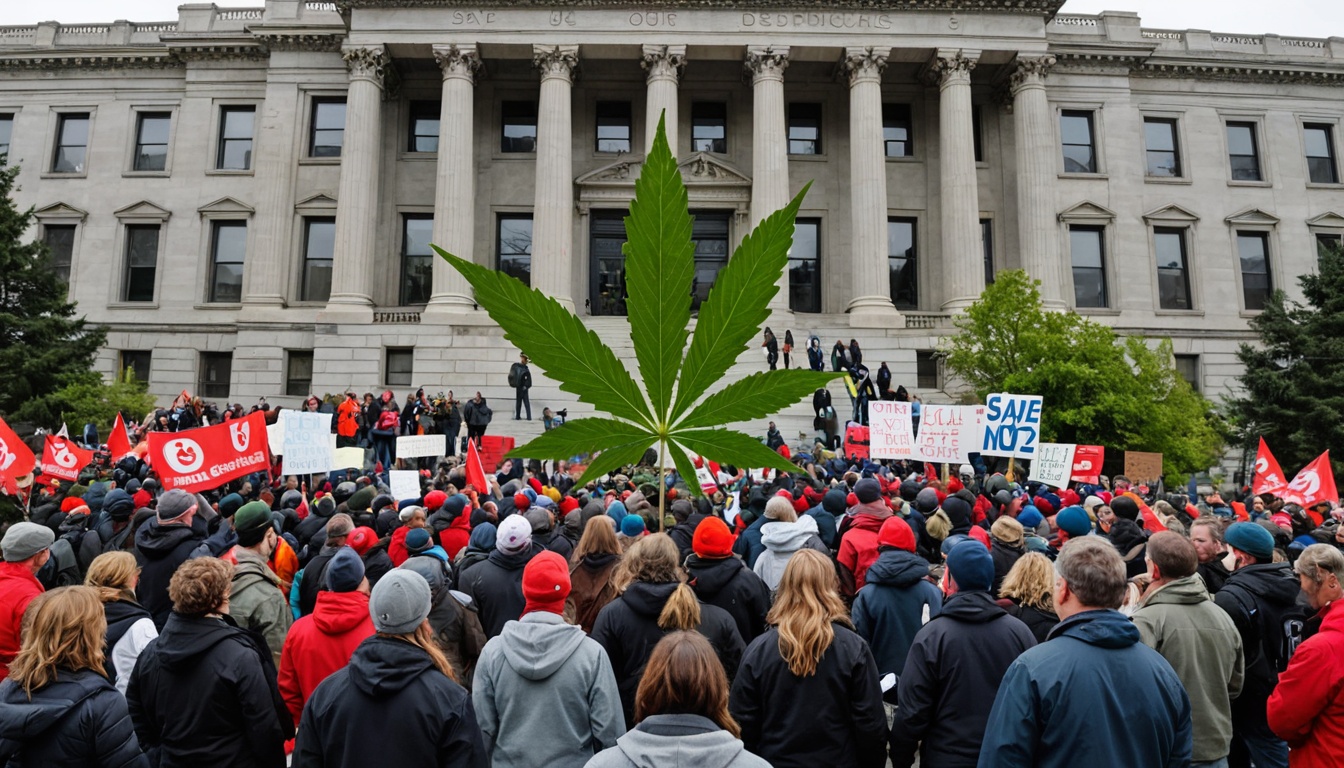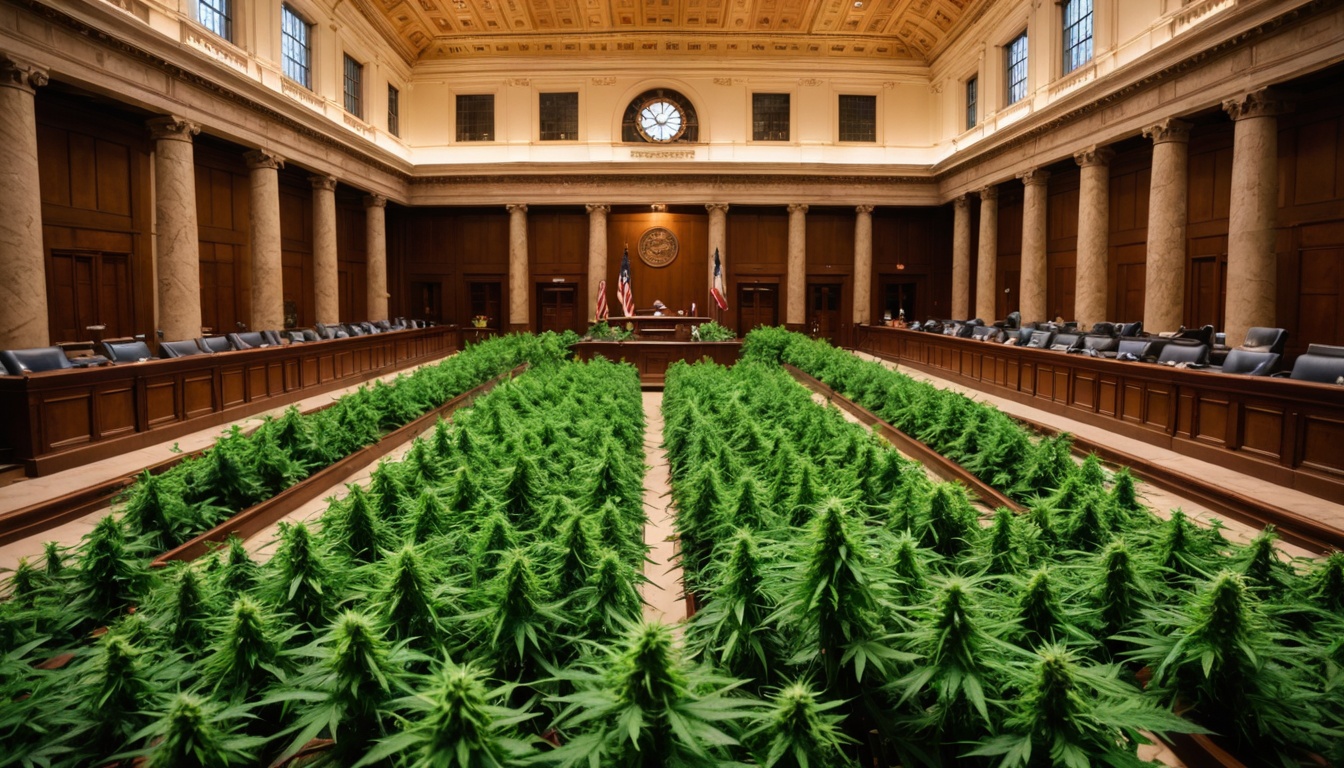North Dakota Voters to Decide on Marijuana Legalization in November
The North Dakota Secretary of State has certified a petition to put a marijuana legalization measure on the November ballot. The initiative, backed by the New Economic Frontier campaign, aims to allow adults 21 and older to possess and purchase marijuana from licensed dispensaries. The measure also allows for personal cultivation of up to three plants per household.
To qualify for the ballot, the campaign collected over 22,000 voter signatures, exceeding the required 15,582 signatures. The Secretary of State’s office validated 18,964 signatures, making it official that the measure will appear on the November ballot.
While the campaign is celebrating this milestone, a recent poll suggests that they still have a tough road ahead. The poll found that 57% of likely North Dakota voters oppose the cannabis reform measure, while 43% are in favor.
The proposed law would allow adults to possess up to one ounce of marijuana flower, four grams of concentrate, and 300 milligrams of edibles. It would also establish a regulatory framework for the industry, with a limit of seven cannabis manufacturers and 18 retailers. The state Department of Health and Human Services would be responsible for overseeing the program.
Interestingly, a recent study from the University of Manitoba, Memorial University of Newfoundland, and the University of Toronto found that the legalization of marijuana in Canada led to a decline in beer sales. The study suggests that a substitution effect may be occurring, with consumers opting for marijuana over beer.
North Dakota is one of several states that will be voting on marijuana legalization this year. Neighboring states Montana and Minnesota have already legalized marijuana, and South Dakota will be voting on the issue in November.
The campaign behind the measure, New Economic Frontier, believes that legalizing marijuana could bring significant economic benefits to the state, including creating new jobs and generating revenue. They also argue that it would alleviate the burden on law enforcement and the judicial system.
While the proposal does not include criminal justice reform components, such as expungements or licensing prioritization for those harmed by the drug war, it does provide a framework for regulating the industry and ensuring public safety.












